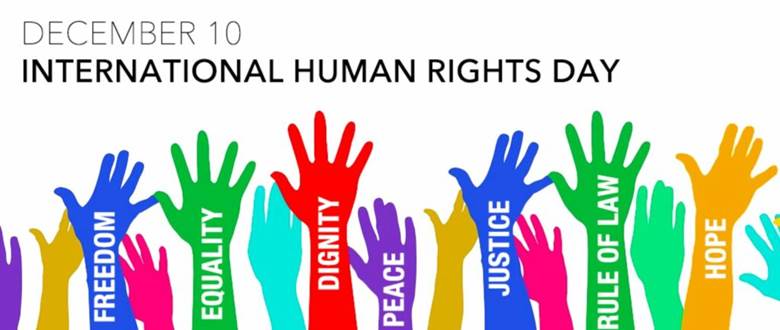Free Courses Sale ends Soon, Get It Now


Free Courses Sale ends Soon, Get It Now



Copyright infringement not intended
About
International Human Rights Day
UN Human Rights Council
National Human Rights Commission
.jpg)
Functions of the Commission
Human Rights (Amendment) Act, 2006
https://t.me/+hJqMV1O0se03Njk9
© 2024 iasgyan. All right reserved